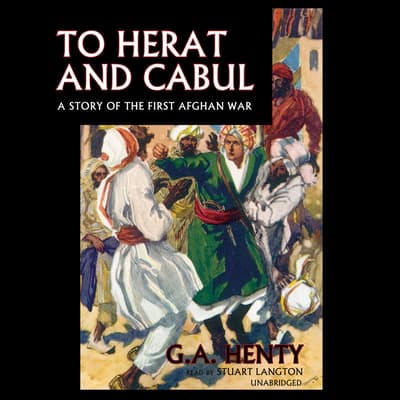I’m not sure what made me pick up this book other than the fact that it was in my siblings’ shared audible account. I grew up listening to G.A. Henty, especially Under Drake’s Flag, In Freedom’s Cause, and For the Temple. He writes entertaining historical fiction to 19th-century English boys; it’s exactly what you would imagine. Every book follows the same hero’s journey but does so interacting with different historical figures and in different times and places. The books not only tell you about the historical setting of the story but the lens through which Englishmen of the era viewed those events. As I have often said, if you want to understand a culture, understand their popular entertainment. Whatever it was that it inspired me to pick it up, it could not have been more timely. Within a few days of finishing the book, the Biden Administration’s disastrous pullout from Afghanistan was well underway.
Herat and Cabul is not my favorite Henty Book. The scars of this war may have been too fresh about which to write anything entertaining. Regardless of the reason the book is mostly a dry history of the war largely disconnected from a separate narrative of the protagonist.
Still, as a purely historical read, it had some value for me. There are a couple of parallels between the English afghan war and the American afghan war.
- The fight has never been about Afgahns, it’s allways been about proximate foreign powers who might use the land and resources. For the english it was the Russians. For the U.S. it’s been Alkahida, Iran, Russia, and the Chinese.
- Afgahnisetan is not and has not been a nation. It’s a mountain dessert sparsely populated by loosly similar tribes with a history of fighting and no history of war. That is, they are always fighting with no apparant objective. The presence of a foreign power seems to be one of the few things that can unite them to fight.
- Sub point to that listed above, the english and the U.S. have both tried (and now failed) to prop up governements composed of locals. The internation conflict described above has made any post support stability untenable. However, (and henty agrees) it seems both countries could have held Herat and Kabul indefinetly to use as bases of influence and opperation against the for mentionioned foreign threats.
- Afganistahn extracts a high price for failure. The U.S. pullout was a disaster, the British pullout was a massacre.
